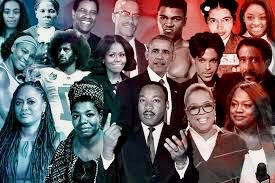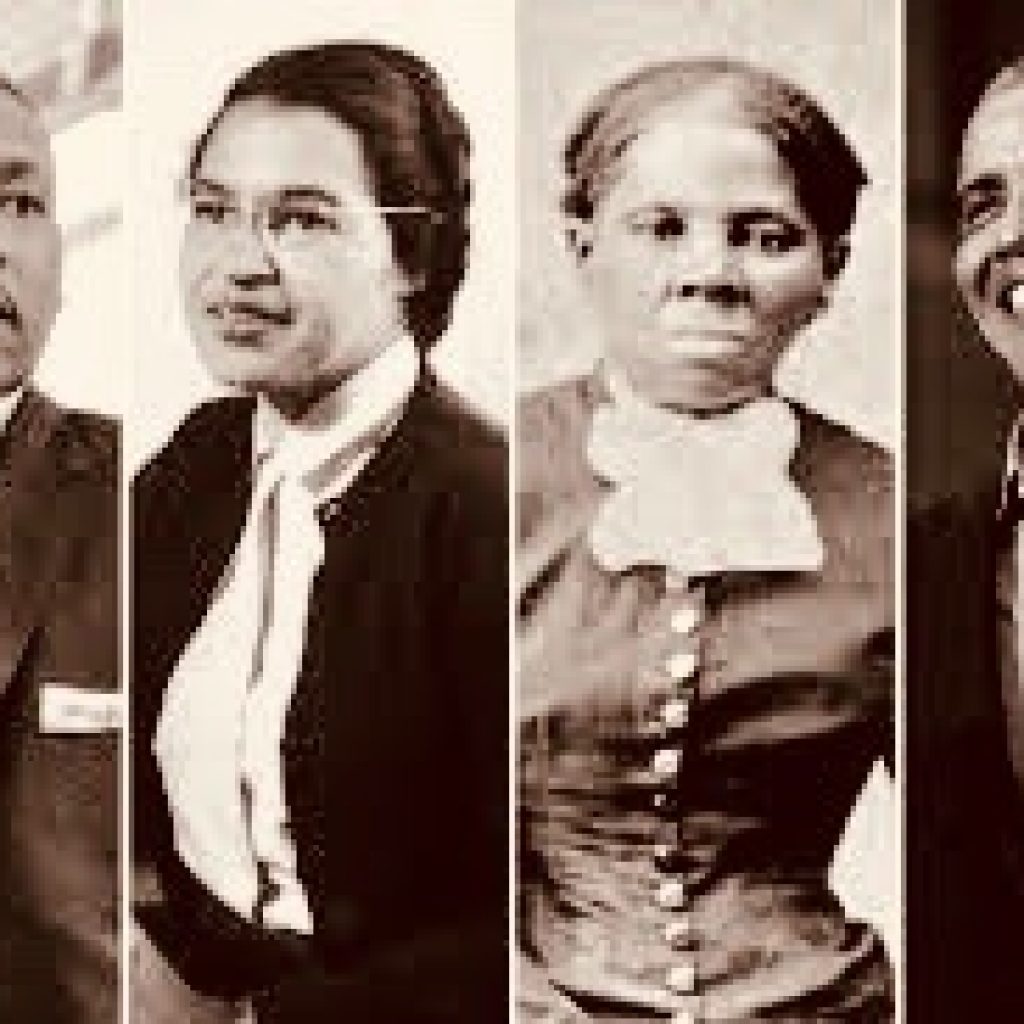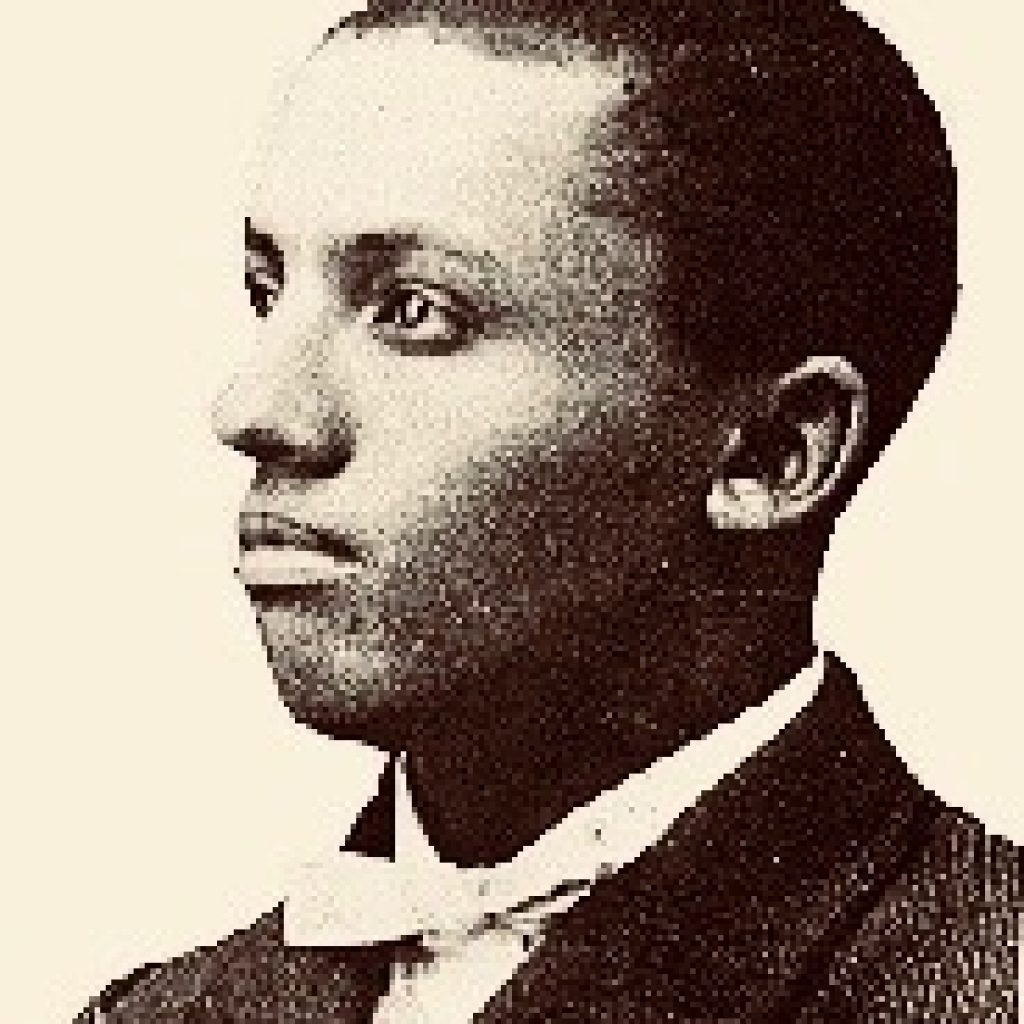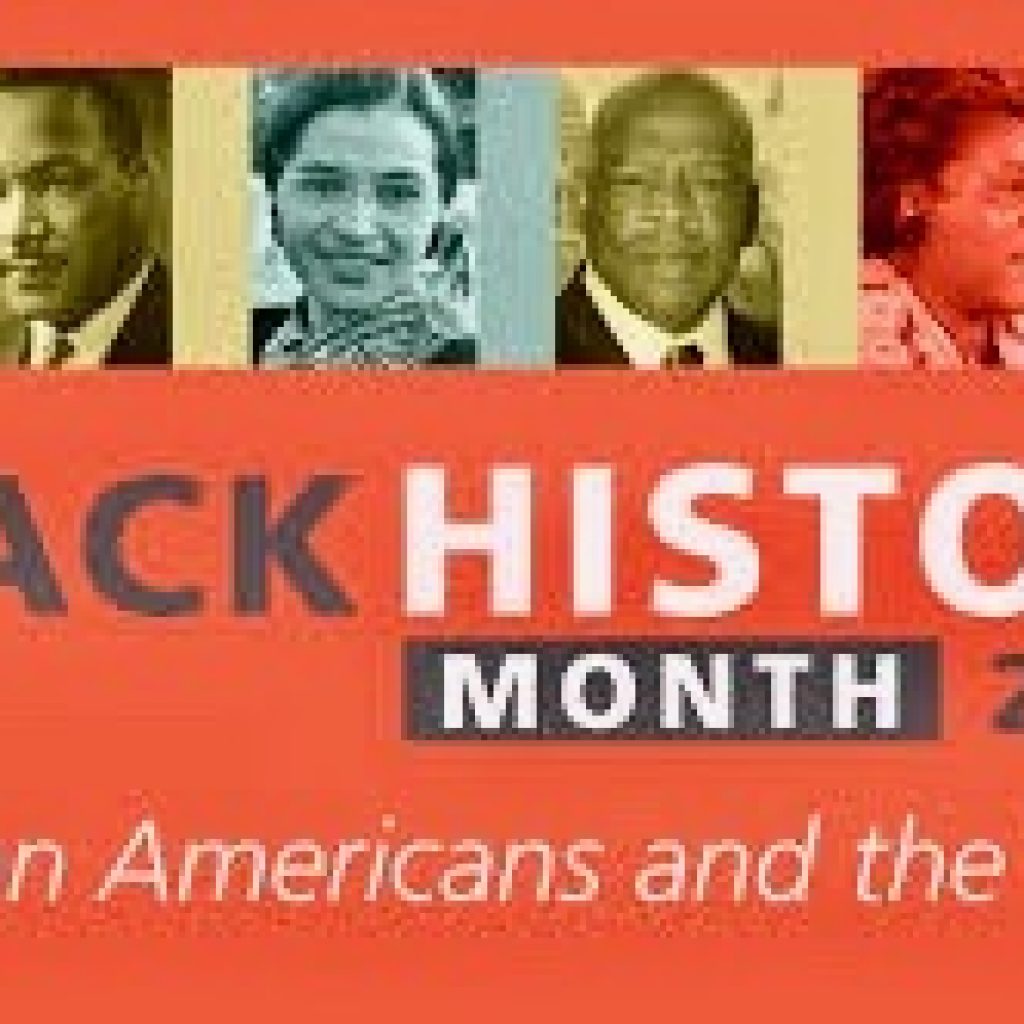Black History Month

The Most Searched: A Celebration of Black History Makers

History of Black History Month is an annual observance originating in the United States, where it is also known as African-American History Month. It has received official recognition from governments in the United States and Canada, and more recently has been observed unofficially in Ireland, the Netherlands, and the United Kingdom. It began as a way of remembering important people and events in the history of the African diaspora. It is celebrated in February in the United States and Canada, while in Ireland, the Netherlands, and the United Kingdom it is observed in October.
The Negro History Week (1926)

Carter G. Woodson (1875–1950)
The precursor to Black History Month was created in 1926 in the United States, when historian Carter G. Woodson and the Association for the Study of Negro Life and History announced the second week of February to be “Negro History Week.” This week was chosen because it coincided with the birthday of Abraham Lincoln on February 12 and of Frederick Douglass on February 14, both of which dates black communities had celebrated together since the late 19th century. Negro History Week was the center of the equation. The thought-process behind the week was never recorded, but scholars acknowledge two reasons for its birth: recognition and importance. Woodson felt deeply that at least one week would allow for the general movement to become something annually celebrated. Also, after the ten year long haul to successfully complete his “Journal of Negro History,” he realized the subject deserved to resonate with a greater audience.
From the event’s initial phase, primary emphasis was placed on encouraging the coordinated teaching of the history of American blacks in the nation’s public schools. The first Negro History Week was met with a lukewarm response, gaining the cooperation of the Departments of Education of the states of North Carolina, Delaware, and West Virginia as well as the city school administrations of Baltimore and Washington, D.C.. Despite this far from universal observance, the event was regarded by Woodson as “one of the most fortunate steps ever taken by the Association,” and plans for a repeat of the event on an annual basis continued apace.

At the time of Negro History Week’s launch, Woodson contended that the teaching of black history was essential to ensure the physical and intellectual survival of the race within broader society:
“If a race has no history, it has no worthwhile tradition, it becomes a negligible factor in the thought of the world, and it stands in danger of being exterminated. The American Indian left no continuous record. He did not appreciate the value of tradition; and where is he today? The Hebrew keenly appreciated the value of tradition, as is attested by the Bible itself. In spite of worldwide persecution, therefore, he is a great factor in our civilization. To learn more go to the link below:

